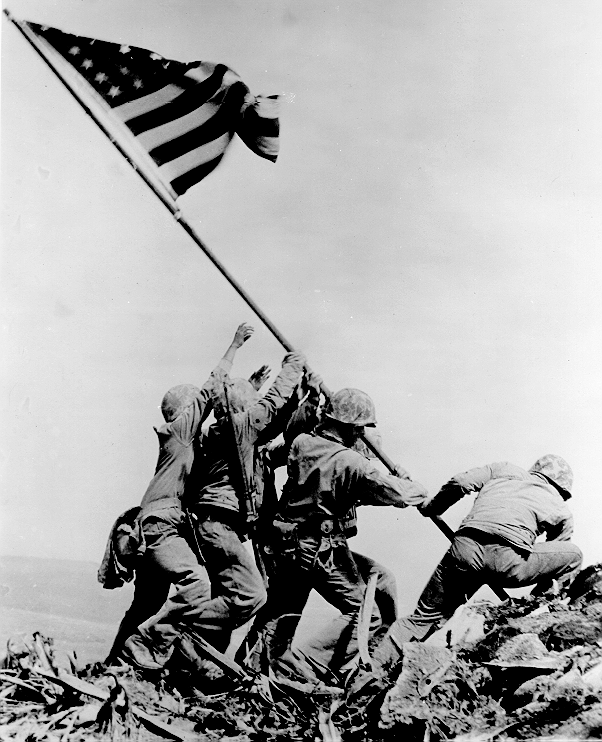
I was actually surprised how dominant the radical veins of thinking in this forum are. A lot of folks who are radical, even by libertarian standards. Look, if you can't even agree that all people in a given territory ought to be subjected to the same laws, that doesn't make you a libertarian; this makes you an anarchist.
I have never really invested a good deal of effort to understand anarchism and maybe one day I should. I thought I should just express the obvious problems about thinking that way.
First, functional anarchism exists outside of highly urban areas in India, Pakistan, much of South America, most of Africa, etc., and it doesn't create the circumstances I think most of you envision. You might say that 'another form of authoritarianism/statism fills the void', but this looks suspiciously similar to the 'no true communism' argument and it also obviously begs the question of whether thousands of strangers can coexist without authority.
The more interesting question that people should ask is 'which state, in as much as its possible, tries to not make the state the solution to everything.' I would be interested in comments that challenge me or reply posts or whatever, but it seems obvious that the US is the only country that has a sincere tradition rejecting the government as the authority on all matters.
The government cannot impose religion, cannot prevent men from defending themselves, does the least to violate property rights, entrusts justice to voters through election of DAs and Judges and takes many other measures aimed at treating 'the people' as the true power in the country.
I am not saying that the US is flawless by any measure and there is much I do not like and that seems to constantly get worse. However, in terms of imagining a stateless society, the founding fathers are the most successful human beings in existence so far and we should all be more mindful of that. If we are sincere.